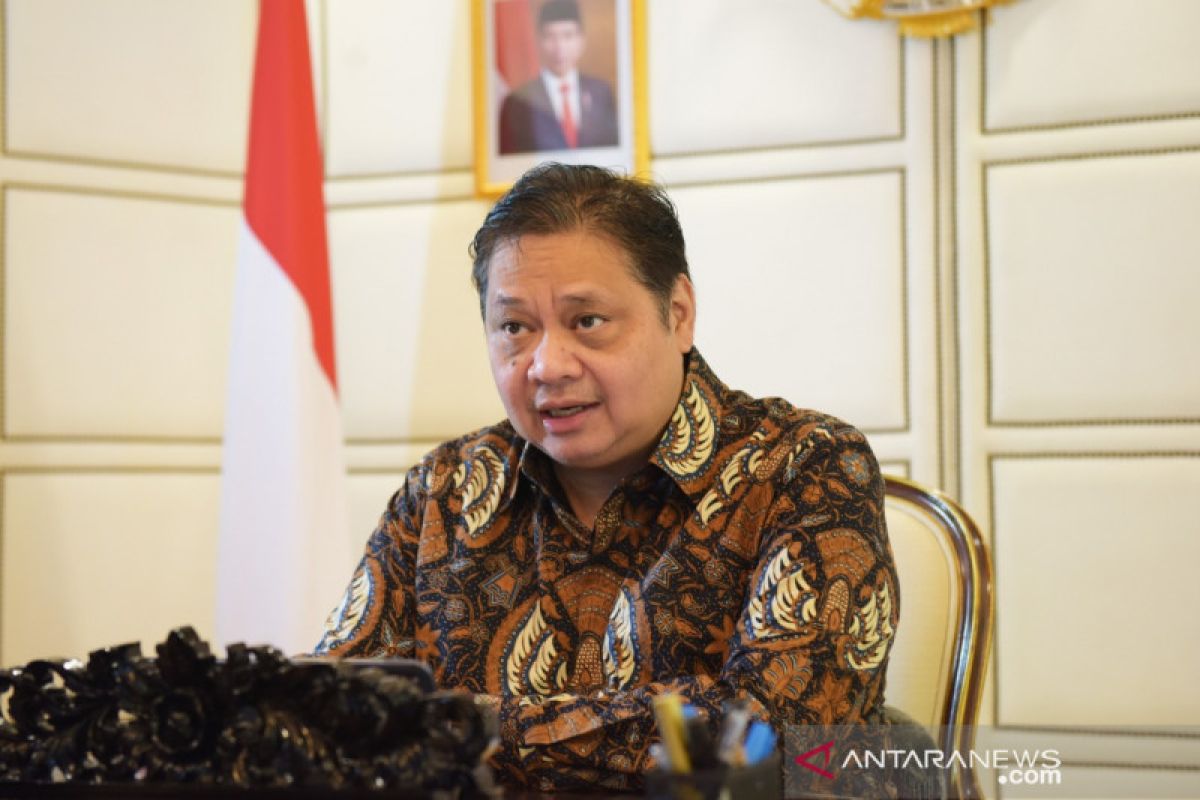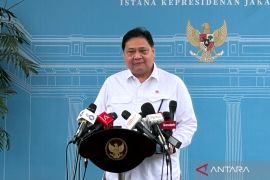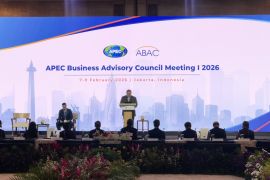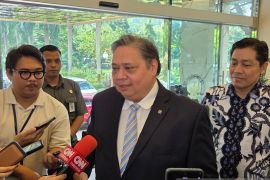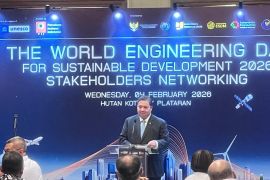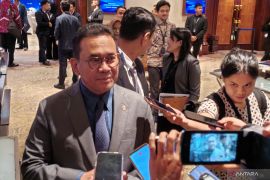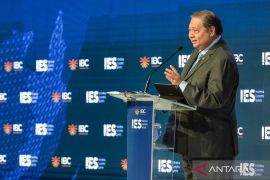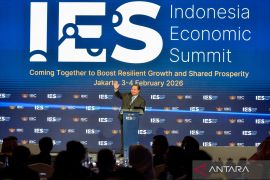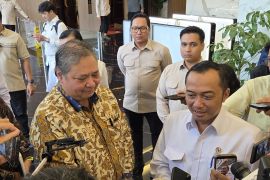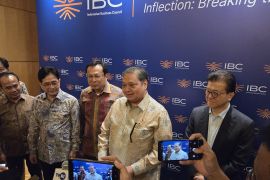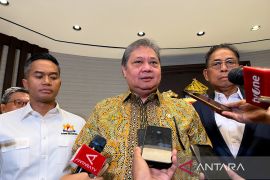"This research must continue to be conducted so that palm oil products can (have) added value, and the downstream also needs to be improved," he said virtually here on Wednesday.
He deemed the role of research and development as well as the use of technology very important in improving the country's status. Palm oil accounts for as much as 15.6 percent of the total non-oil and gas exports and contributes about 3.5 percent to the national GDP (gross domestic product), he pointed out.
Thus, research in the palm oil industry must focus on three things, he said. The first area of focus must be aspects such as reinforcement, development, and the improvement of plantations and palm oil industry empowerment, which integrates both upstream and downstream, he said.
The second area that needs focus is data consolidation, productivity, capacity building, technology in palm oil mills, and the empowerment of oil palm farmers, he added. The third area of focus must be the development of the domestic market with the use of biofuels and research in the development of biodiesel 100 and avtur, he stated.
"The palm oil industry not only encouraged energy independence, reduced gas emissions, but also reduced imports of diesel oil by Rp38 trillion (almost US$2.7 billion) in 2020. On the other hand, in 2021, with the B30 program, it is estimated that foreign exchange earnings of Rp56 trillion (almost US$4 billion) will occur," the minister said.
Related news: Indonesia to launch Indonesian sustainable palm oil standard
The mandatory B30 Biodiesel program is also aimed at stimulating palm oil price stability and including palm oil in the supercycle, with price pegged at US$1,283 per ton, he said.
Palm oil also provides an exchange rate to farmers with the price of fresh fruit bunches (FFB), which has been relatively high during this period, ranging from Rp2,800 to Rp3,000 (less than US$1) per bunch.
The minister said he expected continuous improvement, especially upstream, ranging from improving seeds or varieties, fertilizers, machine tools, cultivation culture, harvesting techniques, to downstream, in the form of product development to meet community needs, market expansion, and attention towards aspects of environmental sustainability.
He noted that research and development require cooperation between institutions, be it the government, industry, or related stakeholders. The Indonesian Palm Research Week event can be beneficial for palm oil industry players should it be regularly conducted as a means to narrow the gap between the community and corporate planters, he said.
He lauded the Palm Oil Plantation Fund Management Agency, which has been working with stakeholders, for its efforts in maintaining a research culture that fosters the development of technological innovations in the palm oil sector.
"Research and development must continue to be done in order to realize sustainable national palm oil and focus on issues that are impactful and sustainable," he added.
Related news: Europe urged to increase purchase of sustainable CPO
Related news: EPA to conduct survey on Indonesian CPO
Translator: Kuntum Khaira R, Mecca Yumna
Editor: Suharto
Copyright © ANTARA 2021
